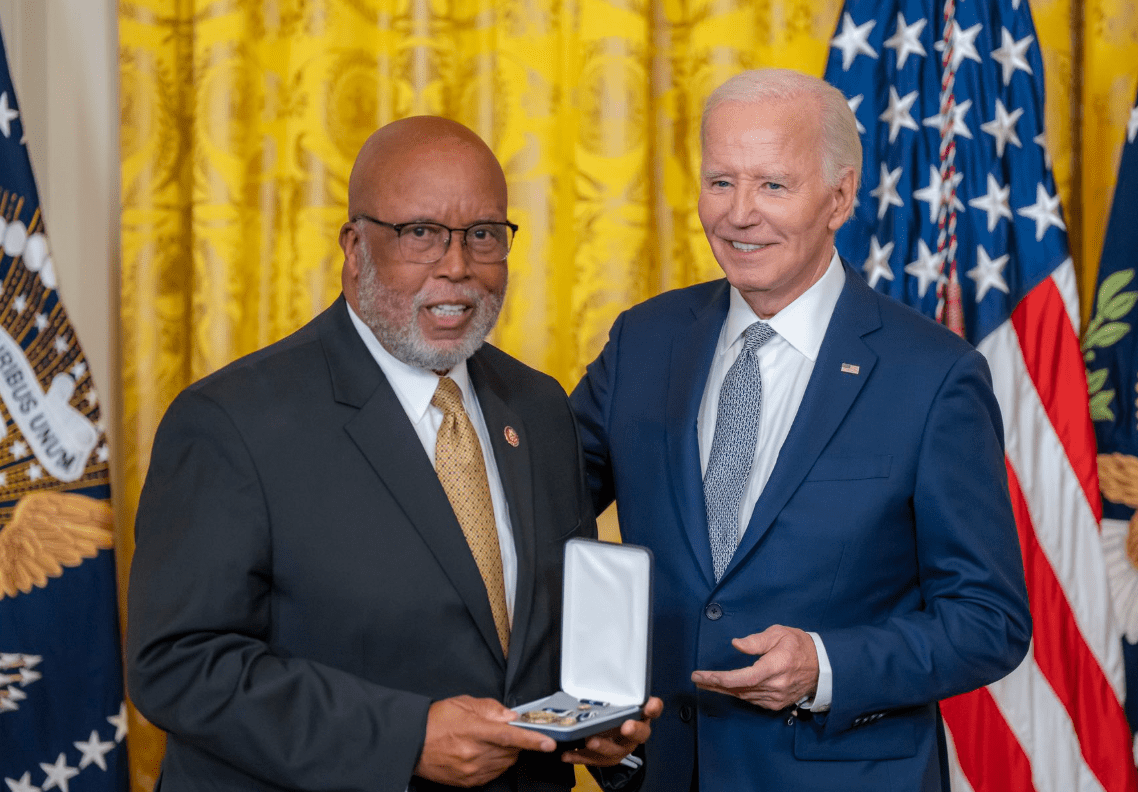Wicker Highlights Rural Challenges of Meeting EPA Water Mandates
Miss. Senator Says Federal Regulators Should Act More as Partners, Not Prosecutors
WASHINGTON – U.S. Senator Roger Wicker, R-Miss., today highlighted the difficulties that many communities in Mississippi face when attempting to comply with Environmental Protection Agency (EPA) water mandates. Wicker’s comments were made during a Senate Environment and Public Works Committee hearing to examine the importance of investing in water and wastewater infrastructure.
“I am very concerned about the horror stories of lead in water and children swimming in polluted water,” Wicker said. “This is completely unacceptable.”
Wicker went on to say that in addressing these problems regulators should act less like prosecutors and more like partners with local governments.
“The burden of federal unfunded mandates is increasing, and EPA assistance is decreasing,” Wicker added.
EPA has reduced the availability of technical assistance to small communities by 75 percent, which has eliminated two full-time circuit riders in Mississippi.
“I had hoped that, at a very minimum, my legislation, which the President signed into law last year, would result in a return of circuit riders in rural areas instead of increasing regulatory requirements,” Wicker said. “Sadly, the circuit riders have not returned with the assistance they have so capably provided to us in the past.”
The “Grassroots Rural and Small Community Water Systems Assistance Act,” S. 611, was authored by Wicker and Sen. Heidi Heitkamp, D-N.D. The bill, which became law in December 2015, focuses on helping rural and small communities comply with federal “safe drinking water” regulations. It improved and reauthorized the “Safe Drinking Water Act” (SDWA) program to provide technical assistance and training provisions for $15 million per year over the next six years.
Examples of small, rural Mississippi communities struggling to meet EPA water requirements include:
The town of New Hebron (pop. 400) is being told they have to spend $3 million to comply with a new EPA wastewater discharge permit.
Lawrence County Water System, which supplies approximately 2,000 persons, needs $500,000 for a new well and storage tank repairs.
The Town of Como (pop. 1,200) is facing overwhelming water challenges and failing to meet its current EPA permit. The cost to update Como’s sewer system is approximately $2 million. Como just finished paying the approximately $1 million loan to construct their currently failing treatment system last year.
The Town of Utica (pop. 850) is facing a nearly $1 million dollar compliance upgrade to meet a new and more stringent EPA wastewater discharge permit.
The Town of Shaw (pop. 1,900) was under a boil water order for over six months because of a broken chlorinator they could not afford to fix.
The City of Mound Bayou (pop. 2,300) will need $7 million to pay for a new sewer treatment system to meet new EPA permit limitations for nitrogen and phosphorus.
Background: Mississippi has 1,217 drinking water systems across the state. Of those, 95.3 percent of the drinking water systems are defined by EPA as small and rural systems (population of less than 10,000).
The state faces more than $1 billion dollars in wastewater needs with the current level of regulation, and over 200 facilities are facing what one state agency has deemed “life changing permits” because of federal requirements to tighten permit limits.
4/7/16







